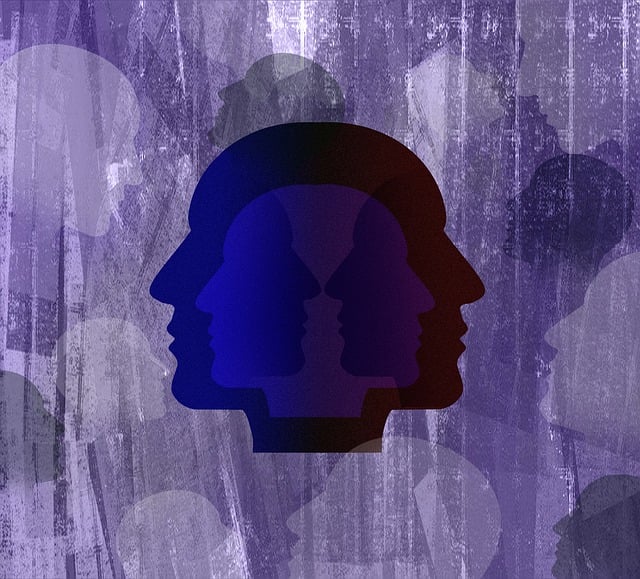Anxiety is a natural response to stress or perceived threats, helping us stay alert and focused in challenging situations. However, when anxiety becomes overwhelming, persistent, and interferes with daily life, it may indicate an anxiety disorder. Anxiety disorders are among the most common mental health conditions, affecting millions of people worldwide. Understanding their symptoms, causes, and treatment options is crucial for managing them effectively and improving quality of life.
What Are Anxiety Disorders?
Anxiety disorders encompass a group of mental health conditions characterized by excessive fear, worry, or unease that persists even when there is no immediate danger. These feelings can be debilitating, impacting relationships, work, and overall well-being. Unlike normal anxiety, which tends to be temporary and situational, anxiety disorders are chronic and often require professional intervention.
There are several types of anxiety disorders, including:
- Generalized Anxiety Disorder (GAD) : Persistent and excessive worry about everyday things.
- Panic Disorder : Recurrent panic attacks accompanied by physical symptoms like heart palpitations and shortness of breath.
- Social Anxiety Disorder : Intense fear of social situations due to concerns about judgment or embarrassment.
- Specific Phobias : Irrational fears of particular objects or situations, such as heights or spiders.
- Agoraphobia : Fear of places or situations where escape might be difficult, often leading to avoidance behaviors.
- Separation Anxiety Disorder : Excessive fear of being separated from loved ones.
- Post-Traumatic Stress Disorder (PTSD) : Anxiety triggered by traumatic events.
Symptoms of Anxiety Disorders
The symptoms of anxiety disorders can vary depending on the type and severity of the condition. They often manifest in three main categories: emotional, physical, and behavioral.
1. Emotional Symptoms
- Persistent feelings of dread or apprehension
- Difficulty concentrating or feeling “on edge”
- Irritability or restlessness
- Overthinking worst-case scenarios
- Feeling tense or jumpy
2. Physical Symptoms
- Rapid heartbeat or palpitations
- Sweating, trembling, or shaking
- Shortness of breath or chest tightness
- Fatigue or insomnia
- Muscle tension or headaches
- Nausea or stomach discomfort
- Dizziness or lightheadedness
3. Behavioral Symptoms
- Avoidance of certain places, activities, or people
- Procrastination due to fear of failure
- Seeking constant reassurance from others
- Compulsive behaviors (e.g., checking locks repeatedly)
- Withdrawal from social interactions
Causes and Risk Factors
While the exact cause of anxiety disorders is not fully understood, research suggests that they result from a combination of genetic, environmental, psychological, and biological factors.
1. Genetic Predisposition
Some individuals may inherit a tendency toward anxiety from family members. If you have close relatives with anxiety disorders, your risk increases.
2. Brain Chemistry
Imbalances in neurotransmitters—chemical messengers in the brain such as serotonin, dopamine, and gamma-aminobutyric acid (GABA)—can contribute to anxiety symptoms.
3. Environmental Stressors
Traumatic experiences, significant life changes, financial difficulties, or chronic stress can trigger anxiety disorders. Childhood adversity, such as abuse or neglect, also plays a role.
4. Personality Traits
Certain personality types, such as perfectionists or those prone to negative thinking patterns, are more susceptible to developing anxiety.
5. Medical Conditions
Chronic illnesses, hormonal imbalances, or substance use/withdrawal can exacerbate anxiety symptoms.
Treatment Options for Anxiety Disorders
Fortunately, anxiety disorders are highly treatable. A combination of therapies, lifestyle changes, and sometimes medication can help manage symptoms and promote long-term recovery.
1. Psychotherapy
Therapy is one of the most effective treatments for anxiety disorders. Common approaches include:
- Cognitive Behavioral Therapy (CBT) : Helps individuals identify and challenge distorted thought patterns while teaching coping strategies.
- Exposure Therapy : Gradually exposes patients to feared situations in a controlled manner to reduce avoidance behaviors.
- Mindfulness-Based Therapy : Encourages present-moment awareness and acceptance to alleviate anxious thoughts.
2. Medications
Medications can complement therapy but should always be prescribed and monitored by a healthcare provider. Common options include:
- Antidepressants : Selective serotonin reuptake inhibitors (SSRIs) and serotonin-norepinephrine reuptake inhibitors (SNRIs) are first-line medications for anxiety.
- Benzodiazepines : Used short-term for severe anxiety due to their potential for dependence.
- Beta Blockers : Help manage physical symptoms like rapid heartbeat during stressful events.
3. Lifestyle Changes
Adopting healthy habits can significantly reduce anxiety levels:
- Exercise Regularly : Physical activity boosts endorphins and reduces stress hormones.
- Practice Relaxation Techniques : Deep breathing, meditation, yoga, and progressive muscle relaxation can calm the mind and body.
- Limit Stimulants : Reduce caffeine and alcohol intake, as they can worsen anxiety symptoms.
- Prioritize Sleep : Aim for 7–9 hours of quality sleep per night to support emotional regulation.
- Eat a Balanced Diet : Focus on whole foods rich in vitamins, minerals, and antioxidants.
4. Support Systems
Connecting with supportive friends, family, or support groups can provide comfort and encouragement. Sharing experiences with others who understand what you’re going through can be incredibly validating.
When to Seek Help
If anxiety begins interfering with your ability to function at work, school, or in personal relationships, it’s important to seek professional help. Early intervention can prevent symptoms from worsening and improve outcomes. Signs that you may need to consult a doctor or therapist include:
- Persistent worry that feels uncontrollable
- Frequent panic attacks
- Avoidance of everyday activities due to fear
- Difficulty sleeping or concentrating
- Feelings of hopelessness or despair

Leave a Reply